Myōshin-ji Temple, Kyoto, Japan
September 1-5, 2018
Program Description
As the “cultural heart of Japan,” Kyoto is home to longstanding traditions of contemplative practice, philosophy, and scientific research. Inspired by this setting, and its location at the Zen temple complex Myōshin-ji, the theme for this Mind & Life International Research Institute is Contemplative Practice in Context: Culture, History, and Science. This five-day immersive program brings together leading scholars in the sciences and humanities, contemplatives, and artists to examine contemplative epistemologies within a variety of contexts.
Plenary faculty presentations will consider how contextual forces that include culture, environment, history, and worldviews effect contemplative practices as well as research on meditation. Neuroscientists and psychologists will describe recent research on the science of meditation, and humanists and social scientists will explore secular and cultural adaptations of meditation, including the history of mindfulness, theories of Buddhist meditation, and the emergence of contemplative studies as an academic field. Presentations will give special attention to the contemplative and intellectual culture of Japan over the centuries, including presentations on the history of Zen Buddhism, the Kyoto School of philosophy, and Japanese contemplative arts.
Daily guided meditation sessions and small group breakouts led by faculty will complement the interdisciplinary dialogue of the program.
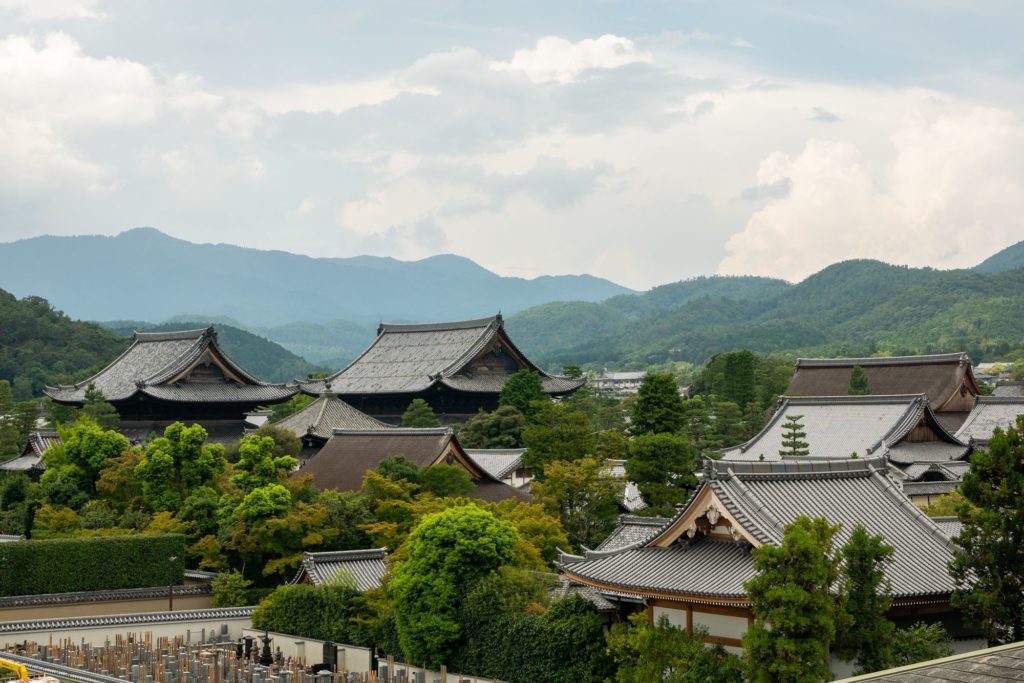
Program Location
Kyoto city, and the surrounding areas, offer a remarkable combination of the beautiful natural environment and contemplative cultural heritage, being home to several important universities and research centers. With such a surround of nature, culture, and science, this is an ideal location to immerse in a residential training program in the contemplative sciences. The millennial contemplative culture of Japan, which dates to its reception of Buddhism in 538 CE, represents diverse manifestations of scholasticism in the arts and sciences, and in many ways is a privileged context to envision contemplative life within the multidimensionality of human culture.
Kyoto is also home to the philosophy of the so-called Kyoto School, an intellectual school that sought to integrate Asian wisdom contemplative traditions with insights of Western philosophy and science. Such a tradition, starting with Kitarô Nishida (1870-1945) still represent thus possible sources of inspiration to be fully re-appreciated in the transcultural and transdisciplinary process of contemplative studies, in a spirit of dialogue and mutual enrichment.
The program will be held at the Myōshin-ji temple complex in Kyoto, Japan. Established in the 14th century by the ninety-fifth emperor of Japan who dedicated himself to Zen meditation, Myōshin-ji (Temple of the Enlightened Mind) is the head temple of the associated branch of Rinzai Zen Buddhism. Myōshin-ji is located on the western outskirts of Kyoto near the mountains that encircle the ancient capital city. The temple complex is surrounded by large traditional garden landscapes, and is known by local residents as Hanazono (花園), meaning “flower garden.” Accommodation for all participants will be at Hanazono Kaikan adjacent to the temple.
Program Overview
- Located in the city of Kyoto, Japan
- 75 total participants, including international New Investigators and Senior Investigators
- International and Japanese faculty in the sciences, arts, and humanities
- 5-day program (4-nights); 3rd day is a silent retreat day
- Program is residential with accommodation on the grounds
- Program content is bilingual, Japanese and English simultaneous interpretation
- Japanese traditional contemplative arts will be integrated into the program
Program Sessions
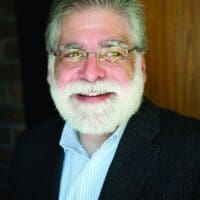
2018 International Research Institute Session
Contemplative Practice in Context: Embodiment, Enactment and the Cultural Neurophenomenology of Experience
Laurence J. Kirmayer
Topics: Brain & Cognitive Science | Compassion & Empathy | Contemplative Wisdom | Self & Other
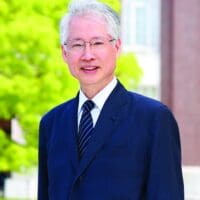
2018 International Research Institute Session
The Feature and Significance of the Philosophy of Kyoto School
Masakatsu Fujita
Topics: Contemplative Wisdom | Education
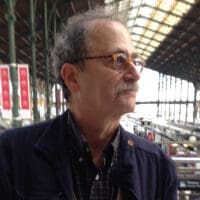
2018 International Research Institute Session
The Zen Roots of Contemplative Studies
Harold Roth
Topics: Brain & Cognitive Science | Compassion & Empathy | Contemplative Wisdom | Education | Self & Other
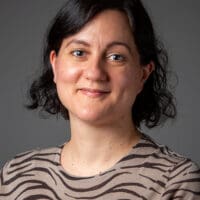
2018 International Research Institute Session
Neuroscience as a Modern Context for Studying Meditation: How Far Are We, Really?
Gaelle Desbordes
Topics: Brain & Cognitive Science | Mental Health | Mindfulness
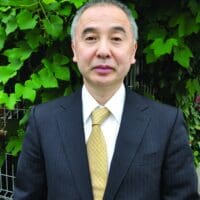
2018 International Research Institute Session
Observation of the Mind in Buddhism and Mindfulness
Kenryo Minowa
Topics: Brain & Cognitive Science | Contemplative Wisdom | Mindfulness | Self & Other
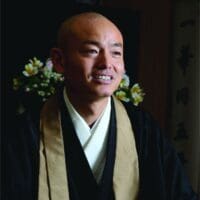
2018 International Research Institute Session
Old Insights for A Hectic World: What Does Hakuin Teach Us Today?
Masaki Matsubara
Topics: Body-based Practices | Contemplative Wisdom | Mindfulness
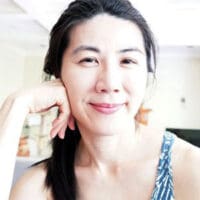
2018 International Research Institute Session
Healing Through Gratitude: Buddhist Theories of Mind and Self-Transformation in the Japanese Contemplative Practice of Naikan
Chikako Ozawa-de Silva
Topics: Compassion & Empathy | Contemplative Wisdom | Mental Health | Mindfulness | Self & Other
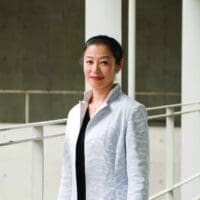
2018 International Research Institute Session
Meditation in Japanese Context
Fusako Koshikawa
Topics: Body-based Practices | Mindfulness | Stress & Resilience
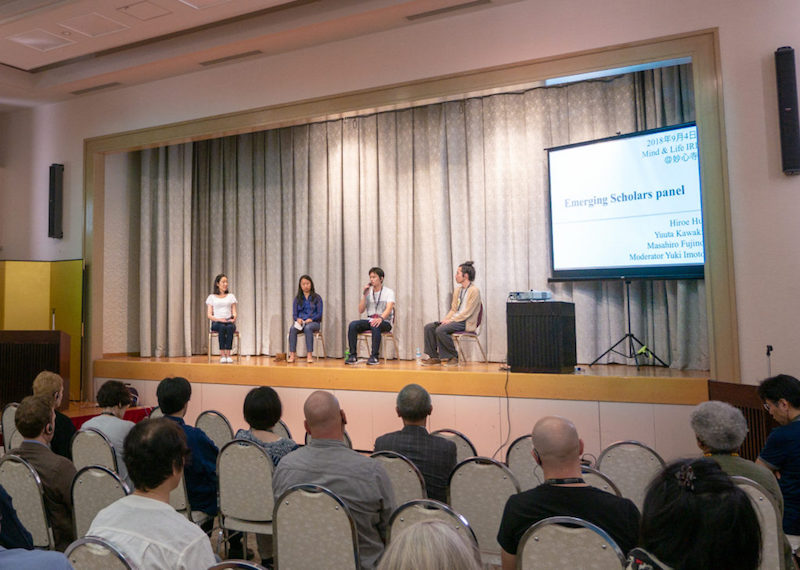
2018 International Research Institute Session
Emerging Scholars Panel: Interdisciplinary Panel
Moderators: Yuki Imoto
Panel: Hiroe Hu, Yuuta Kawasaki, Masahiro Fujino, Yuki Imoto
Topics: Contemplative Wisdom | Education
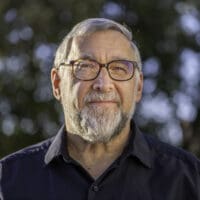
2018 International Research Institute Session
The Whole Person Sits: Social Imaginaries of Practitioners and Researchers in the Scientific Study of Meditation
Clifford Saron
Topics: Brain & Cognitive Science | Contemplative Wisdom | Education
Faculty
Plenary faculty deliver lectures and are available to answer attendee questions throughout the week, often leading breakout sessions and participating in panel discussions. Their lectures expand on the week’s theme, deepening and broadening our shared knowledge from a variety of experiences, backgrounds, and disciplines. Program faculty include scientists, clinical researchers, contemplative practitioners, scholars, and teachers from a variety of disciplines.

Masakatsu Fujita, DPhil
Kyoto University

Laurence J. Kirmayer, MD, FRCPC, FCAHS, FRSC
McGill University


Masaki Matsubara, PhD
Cornell University

Kenryo Minowa, PhD
University of Tokyo

Chikako Ozawa-de Silva, PhD
Emory University



Contemplative Faculty
Contemplative faculty guide participants through practices that integrate their first-person knowledge with themes being explored, interspersing contemplative practice sessions with free time for personal reflection. In addition to daily practice, the contemplative faculty lead the retreat time.
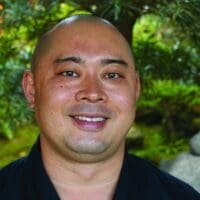
Takafumi Kawakami Osho
Shunkoin Temple
Contemplative Arts Faculty

Senko Ikenobo
Ikenobo
Discussants and Moderators
Discussants and group facilitators lead or co-lead a variety of small group sessions, which may include presentations, group dialogue, open question and answer sessions, or tutorials. They may also participate in panel discussions and meet with attendees individually.
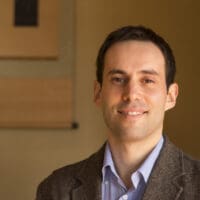
Marc-Henri Deroche, PhD
Kyoto University

Barry Kerzin, MD
Altruism in Medicine Institute

Genji Sugamura, PhD
Kansai University
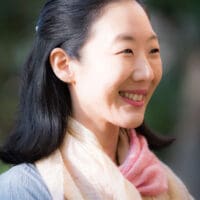
Program Planning Committee
The Program Planning Committee (PPC) is a committee of invited specialists from diverse disciplines and perspectives who bring their expertise to curate and produce the content for the International Research Institute. In addition to developing the overall theme and narrative arc of the program, the PPC actively participate in IRI and serve as leader for small group discussions. Gaelle Desbordes and Yoshio Nakamura are co-chairs of this year’s Program Planning Committee. Go Okui was the Local Program Coordinator.

Marc-Henri Deroche, PhD
Kyoto University

Takafumi Kawakami Osho
Shunkoin Temple

Chikako Ozawa-de Silva, PhD
Emory University

Genji Sugamura, PhD
Kansai University


Yoshio Nakamura, PhD
University of Utah School of Medicine

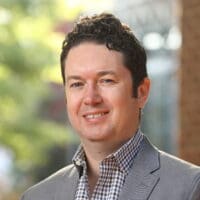

Eboni Bugg, LCSW
Mind & Life Institute

